The ICC is set to launch its own investigation into Pakistan's 2010 tour of England following indications of more tainted matches even as former cricketers called for a pro-active approach in dealing with corruption in the game.
- Spot-fixing trial of Pakistan players
A day after former Pakistan captain Salman Butt and pacer Mohammed Asif were found guilty of spot-fixing, more trouble seemed to be in store for corrupt cricketers as ICC's Anti-Corruption and Security Unit (ACSU) is set to launch a probe on other matches during the 2010 tour.
Butt, Asif found guilty of conspiracy
During the course of the trial at the Southwark Crown Court, a few text messages recovered from the mobile phone record of alleged bookie Mazhar Majeed revealed that spot-fixing may have happened in more Tests.
There were also enough suggestions that other Pakistan players in the squad that toured England last year may also be
involved in some wrongdoing.
The Southwark Crown Court on Tuesday found Salman Butt and Mohammad Asif guilty of conspiracy to cheat and conspiracy to accept corrupt payments for fixing part of a Test match at Lord's last year.
Mohammad Aamir pleaded guilty
The third accused, 19-year-old pacer Mohammad Aamir, who was also involved in the conspiracy, did not face trial as he
had pleaded guilty.
The ACSU could not conduct a thorough inquiry into the spot-fixing scandal against the three Pakistani players as most or all of the evidence was held by the Crown and police.
The ICC said the verdict by the jury should serve as a "further warning" to players who might be tempted to engage in corruption within the game while former England captains such as Ian Botham, Michael Vaughan and Nasser Hussain called for a more pro-active fight against corruption.
'Were there other forces at play?'
Vaughan suspected that a Test match against Pakistan in 2000 might have been fixed.
"..Go back to the Test we won against Pakistan in Karachi in December 2000. They collapsed from a strong position to leave us a small total to chase, which we did as night descended.
"It was a very surreal atmosphere and I remember feeling that there was something not right about it at the time. Was it just a dodgy wicket or were there other forces at play?," he said.
'ACU do not fully understand the game'
Vaughan also felt that the limited knowledge of the game among the officers of the ICC's Anti-Corruption Unit is a big impediment in spotting unusual things happening in a cricket match.
"It is a fact that the ACU is run by former police officers who have personally told me in the past they do not fully understand the game. They know about corruption and how to gather telephone evidence and emails but do not have a clue about spotting when something untoward happens on a cricket pitch," Vaughan said.
"The ACU needs to start employing former players who know the game and can sense when they see something that is not quite right. With so many facets of the game to manipulate you need a division of the ACU with the power to police events on
the field.
'I hope ICC's anti-corruption unit is a little more pro-active'
Hussain said ICC need to be more vigilant as far as corruption in the game is concerned.
"I would give some credit to the ICC on this. Yes, it is a wake-up call for them that the spot-fixing was exposed by a newspaper. I just hope now that the (ICC's) anti-corruption unit is a little more pro-active," Hussain said. He even advocated steps such as sting operation for the cause.
"Rather than just waiting for a rumour to surface, I'd like to see them try to uncover problems themselves - even if that means setting up a sting operation. It will take time, but we can't rest until we're all able to watch a game of cricket without raising our eyebrows every time someone oversteps or drops a sitter," Hussain wrote in his Daily Mail column.
'The PCB has a responsibility to act now'
Botham said ICC needs to shed its soft approach and go all out to root out corruption.
"The Pakistan Cricket Board have a responsibility to act now, as do the ICC who have been so weak in the past and have
swept problems like this under the carpet. The ICC must be constructive. Everyone seems to pretend the issue isn't there.
It is and must be addressed," Botham said.
The English all-rounder said that a jail term can be strong deterrent for other cricketers who gets approached for even a slightest of favours.
"Should both players be jailed it would be the ultimate warning for any cricketer who gets approached even for the tiniest bit of information, let alone with orders to bowl no-balls," Botham said.
ICC may now initiate fresh investigations
A media report also claimed that ICC may now initiate fresh investigations against Pakistani players Kamran Akmal and Wahab Riaz as their names had surfaced during the trial.
"Both (Akmal and Riaz) were mentioned on several occasions during the case, linked to scams organised by Mazher Majeed.
Akmal's name also crops up in correspondence between the agent and his fixing contacts around the world in evidence collated by police from earlier stages of the tour," the report in Daily Telegraph said.

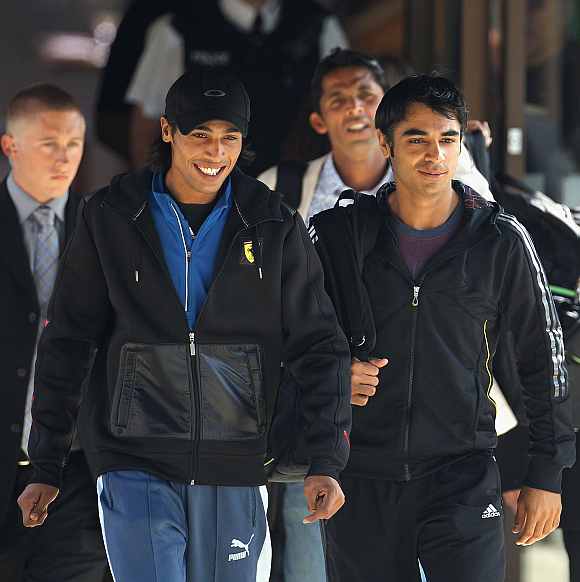
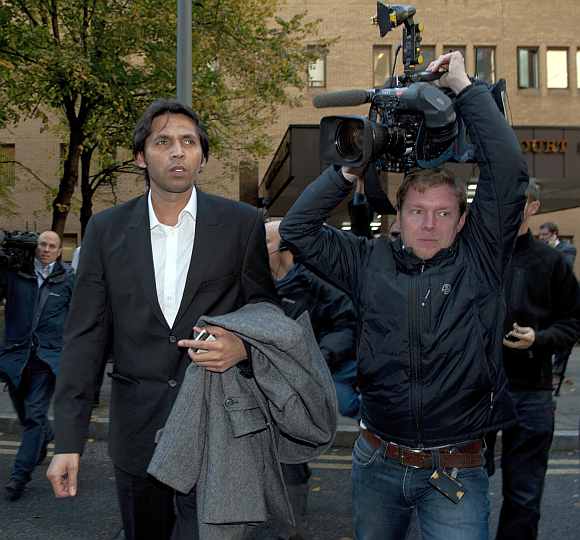
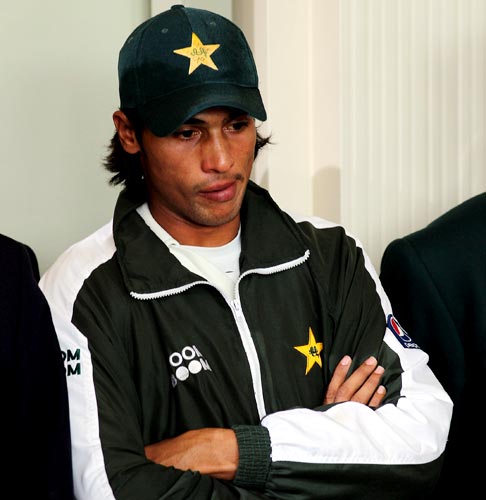
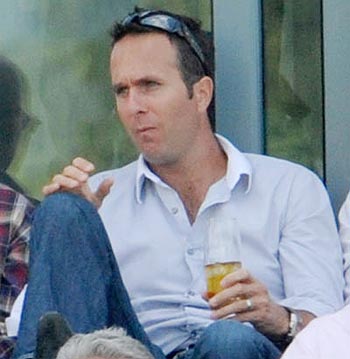
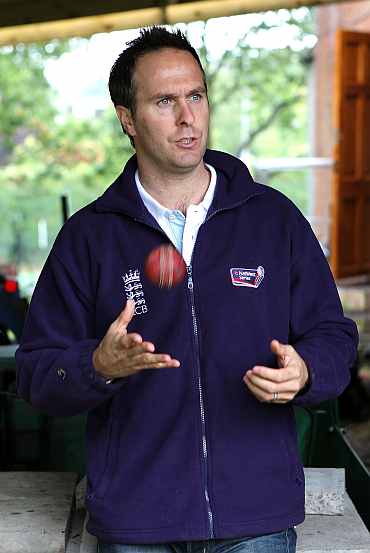
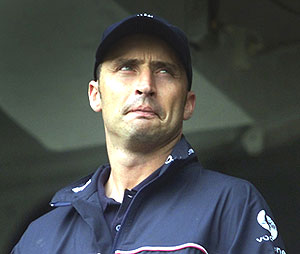
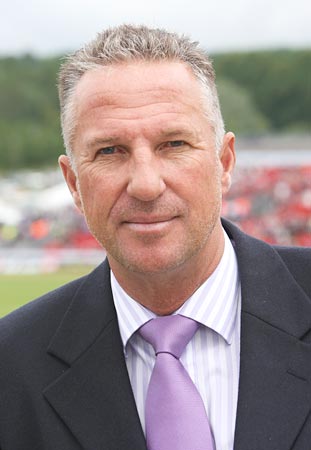
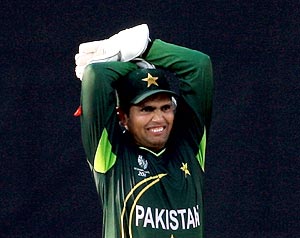
Comment
article